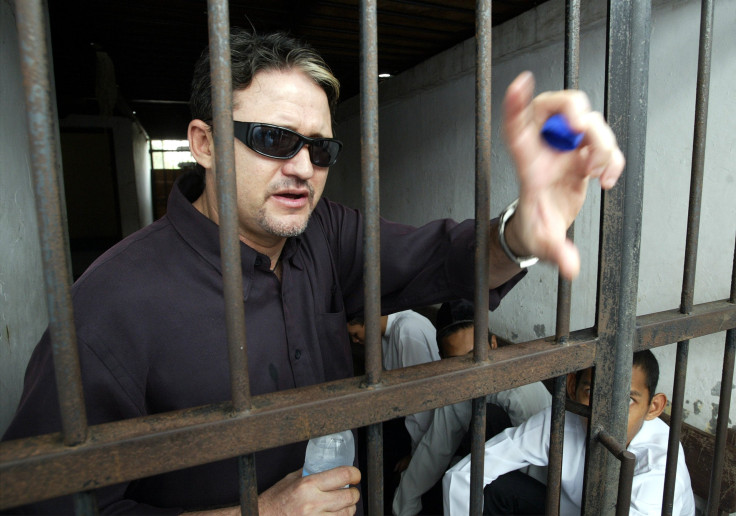Indonesia To Execute Prisoners By Firing Squad, Human Rights Group Condemns ‘Regressive’ Sentences

Four men and two women convicted of drug-related offenses are slated to be executed by firing squad in Indonesia over the weekend after the country’s president, Joko Widodo, who assumed office in October, rejected their appeals for clemency. Four of the people facing execution are foreigners from Brazil, Malawi, Nigeria and Vietnam. President Widodo upheld their sentences, despite Indonesia having previously lobbied to halt the executions of its nationals abroad, CNN reported.
Human rights groups have condemned the executions, the first under the country’s new president. All six of the prisoners’ appeals were rejected on Dec. 30. “These executions must be stopped immediately,” Rupert Abbott, Amnesty International’s research director for Southeast Asia and the Pacific, said in a statement. “Indonesia’s new government took office on the back of promises to improve respect for human rights, but carrying out these executions would be a regressive move. Rather than putting to death more people, the government should immediately impose a moratorium on the use of the death penalty with a view to its eventual abolition.”
Drug offenses in Indonesia are among the most serious in Southeast Asia and carry particularly harsh consequences. Under Indonesian law, the death penalty is prescribed for narcotics trafficking; marijuana charges carry up to a 20-year prison sentence. Capital punishment in Indonesia is still carried out by firing squad.
Last year there were 140 people on death row in the country. The government halted executions from 2008 to 2013, but reinstated the death penalty for them last year, according to Agence France-Presse. Prisoners who receive a death penalty sentence can appeal to the district High Court, however the courts can and often increase sentences.
Executions worldwide increased almost 15 percent in 2013, according to Amnesty. Eight out of 10 executions that year were carried out in Iran, Iraq and Saudi Arabia.
© Copyright IBTimes 2025. All rights reserved.






















